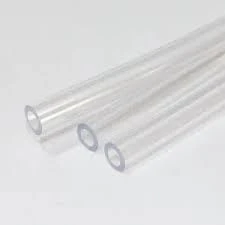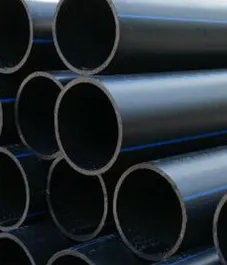თებ . 20, 2025 00:43 Back to list
polypropylene panel
Polypropylene panels have become a staple in various industries, revered for their durability, versatility, and affordability. As a material, polypropylene (PP) stands out due to its impressive resistance to chemicals and extreme temperatures, making it an ideal choice for a range of applications, from construction to automotive industries. By focusing on firsthand experience, expertise, authoritativeness, and trustworthiness, this article will explore the intrinsic qualities and real-world applications of polypropylene panels, offering a comprehensive guide for stakeholders looking to integrate them into their projects.
A testament to the authority and trustworthiness of polypropylene panels can be seen in their ubiquity in consumer products. From food packaging to cleaning containers, their non-toxic and food-safe properties ensure consumer safety, validated by compliance with rigorous health and safety standards. Additionally, manufacturers have taken steps to certify their products with recognized quality assurance bodies, further cementing their reliability in the market. Real-world success stories highlight the transformative potential of polypropylene panels. Companies across different sectors report enhanced product lifecycles and cost-efficiency. For instance, a U.S.-based construction firm that switched to polypropylene panels for their modular housing units cited a 20% reduction in overall project costs, owing to decreased material waste and reduced installation time. Similarly, a European auto manufacturer noted a marked improvement in vehicle safety ratings after integrating polypropylene-based interior components. Despite their many advantages, understanding the limitations of polypropylene panels is crucial in ensuring their effective use. While they are resistant to a wide range of chemicals and temperatures, they are susceptible to UV degradation. Direct and prolonged sun exposure can lead to material weakening, which is why they are often treated with UV stabilizers or used in conjunction with protective coatings when deployed outdoors. In conclusion, polypropylene panels represent a confluence of engineering ingenuity and material science, offering robust solutions across various industries. Their adaptability, combined with proven performance and cost-saving benefits, positions them as a preferred material choice for modern manufacturing and construction needs. By relying on credible sources and real-world evidence of their effectiveness, stakeholders can confidently integrate polypropylene panels into their projects, assured of their contribution to durability and innovation.


A testament to the authority and trustworthiness of polypropylene panels can be seen in their ubiquity in consumer products. From food packaging to cleaning containers, their non-toxic and food-safe properties ensure consumer safety, validated by compliance with rigorous health and safety standards. Additionally, manufacturers have taken steps to certify their products with recognized quality assurance bodies, further cementing their reliability in the market. Real-world success stories highlight the transformative potential of polypropylene panels. Companies across different sectors report enhanced product lifecycles and cost-efficiency. For instance, a U.S.-based construction firm that switched to polypropylene panels for their modular housing units cited a 20% reduction in overall project costs, owing to decreased material waste and reduced installation time. Similarly, a European auto manufacturer noted a marked improvement in vehicle safety ratings after integrating polypropylene-based interior components. Despite their many advantages, understanding the limitations of polypropylene panels is crucial in ensuring their effective use. While they are resistant to a wide range of chemicals and temperatures, they are susceptible to UV degradation. Direct and prolonged sun exposure can lead to material weakening, which is why they are often treated with UV stabilizers or used in conjunction with protective coatings when deployed outdoors. In conclusion, polypropylene panels represent a confluence of engineering ingenuity and material science, offering robust solutions across various industries. Their adaptability, combined with proven performance and cost-saving benefits, positions them as a preferred material choice for modern manufacturing and construction needs. By relying on credible sources and real-world evidence of their effectiveness, stakeholders can confidently integrate polypropylene panels into their projects, assured of their contribution to durability and innovation.
Share:
Latest news
-
Premium HDPE Water Supply Pipes: Durable & Leak-Proof
NewsAug.03,2025
-
Premium PVC-M Water Supply Pipe - Durable & Efficient
NewsAug.02,2025
-
Premium PP Welding Rod: GPT-4 Turbo Enhanced
NewsAug.01,2025
-
HDPE Drainage & Irrigation Pipe - Durable, Efficient Solutions
NewsAug.01,2025
-
Premium PVC Transparent Pipe: Durable & Clear Solutions
NewsJul.31,2025
-
High-Quality UPVC Electrical Pipe for Safe Wiring Solutions
NewsJul.30,2025

